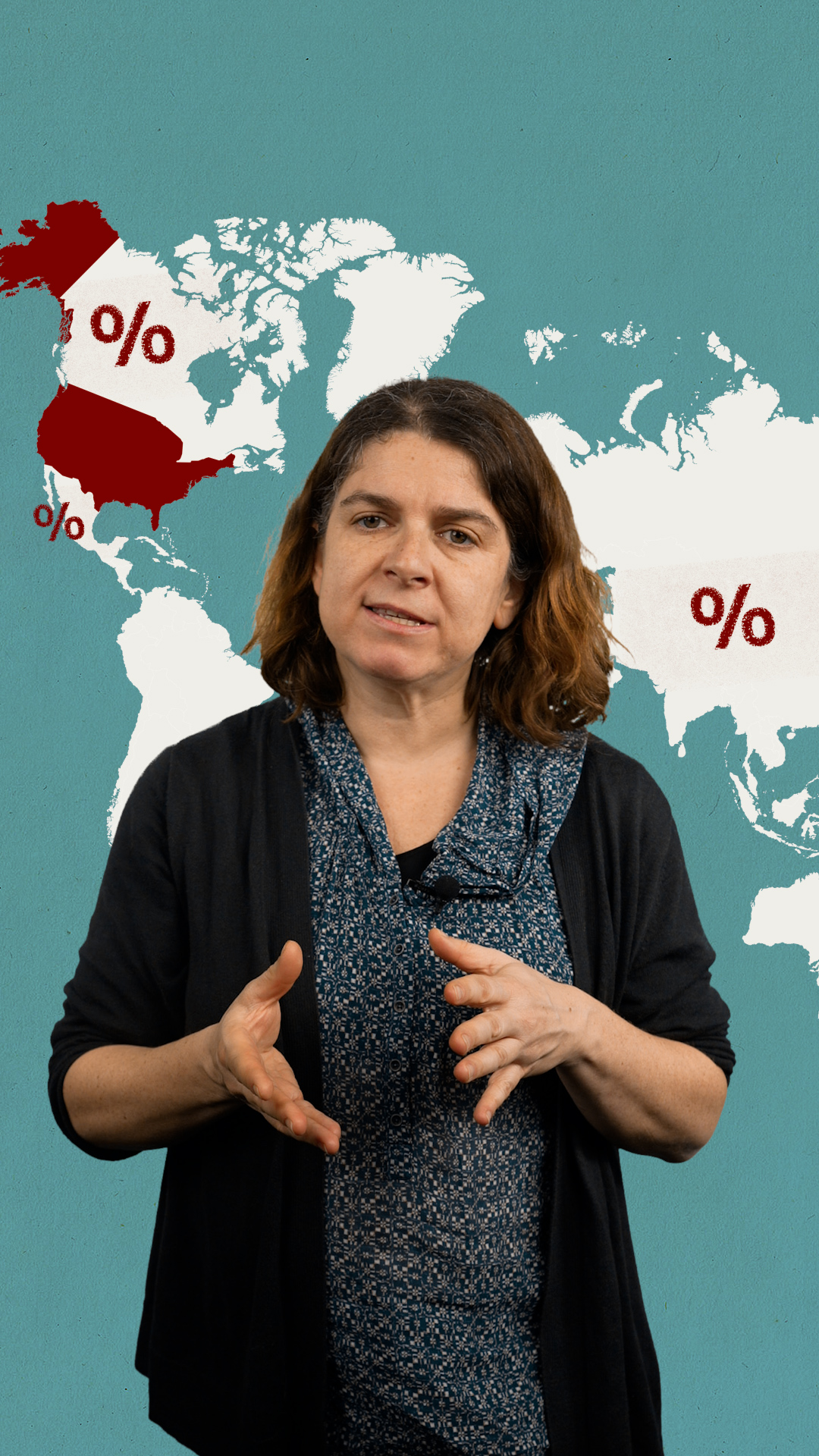
Gruyère cheese: soon to become pricier for US consumers?
Keystone / Jean-Christophe Bott
US tariffs of 39% on Swiss exports, announced last week by Donald Trump, formally came into force on Thursday. Swiss public radio SRF’s economics correspondent outlines what this means for jobs and prosperity.
The tariffs are here – what’s in store for the Swiss economy?
On day one, not so much. But as the days, weeks, and months go by, the pain will increase. The problem for affected companies is that they have suddenly become less competitive than their rivals – the US tariffs on Swiss exports are much higher than for competing products from the European Union (EU), for example.
Companies in the watchmaking and machine industries, as well as chocolate and cheese manufacturers, have meanwhile already had several months to prepare for the tariff hikes. They have used this time to fill their warehouses in the US, where a lot of goods are now stockpiled – having been imported at a lower tariff rate.
Companies are also reorganising their supply chains. They can produce more locally or expand production in the US. But this will naturally take a lot of time. Firms in affected sectors can also beef up business in other markets. All of this is already happening and can help to soften the blow from Trump’s tariffs.
More

More
How pharma became Switzerland’s Achilles heel in US trade talks
How big will the economic damage be?
Economists have estimated that the hit could involve up to 1% of Swiss gross domestic product (GDP). This depends on whether tariffs on pharmaceutical products are introduced soon, or whether these pharma exports remain duty-free.
On the US side, importers themselves initially pay the duties on goods coming from Switzerland; the money then flows into US treasury coffers. But purchasing companies will also pass on at least some of the cost of the tariffs to consumers. It will thus be interesting to track the rise in prices and inflation in the US.
In Switzerland, meanwhile, the situation could lead to job losses over time – or at least that is what business groups fear, which is why they want the federal government to help soften the blow.
More

More
What is a tariff? A quick guide
What can the Swiss government do to support the economy?
It could, for example, help companies by extending the period for receiving short-time working compensationExternal link to two years. Relief measures for the economy are also being discussed – although such measures are naturally politically controversial.
It’s also clear that the government will continue to negotiate with the US government. The last word has not yet been spoken; talks are still happening behind the scenes. The aim is to improve the offer to the Trump administration: for example, by Switzerland agreeing to import more from the US, or pledging that Swiss companies will invest even more – and create jobs – in the US.
More
Translated from German by DeepL/dos



